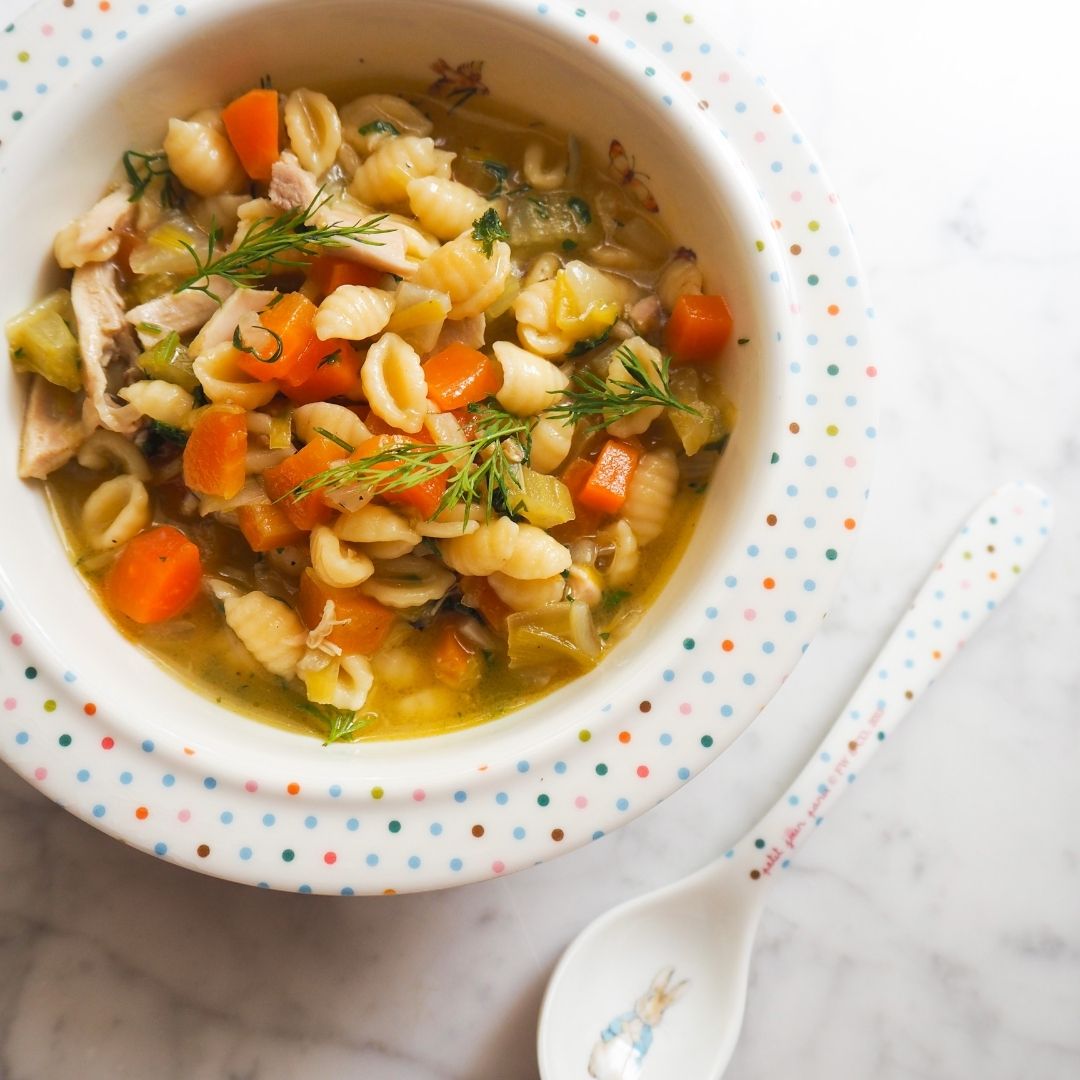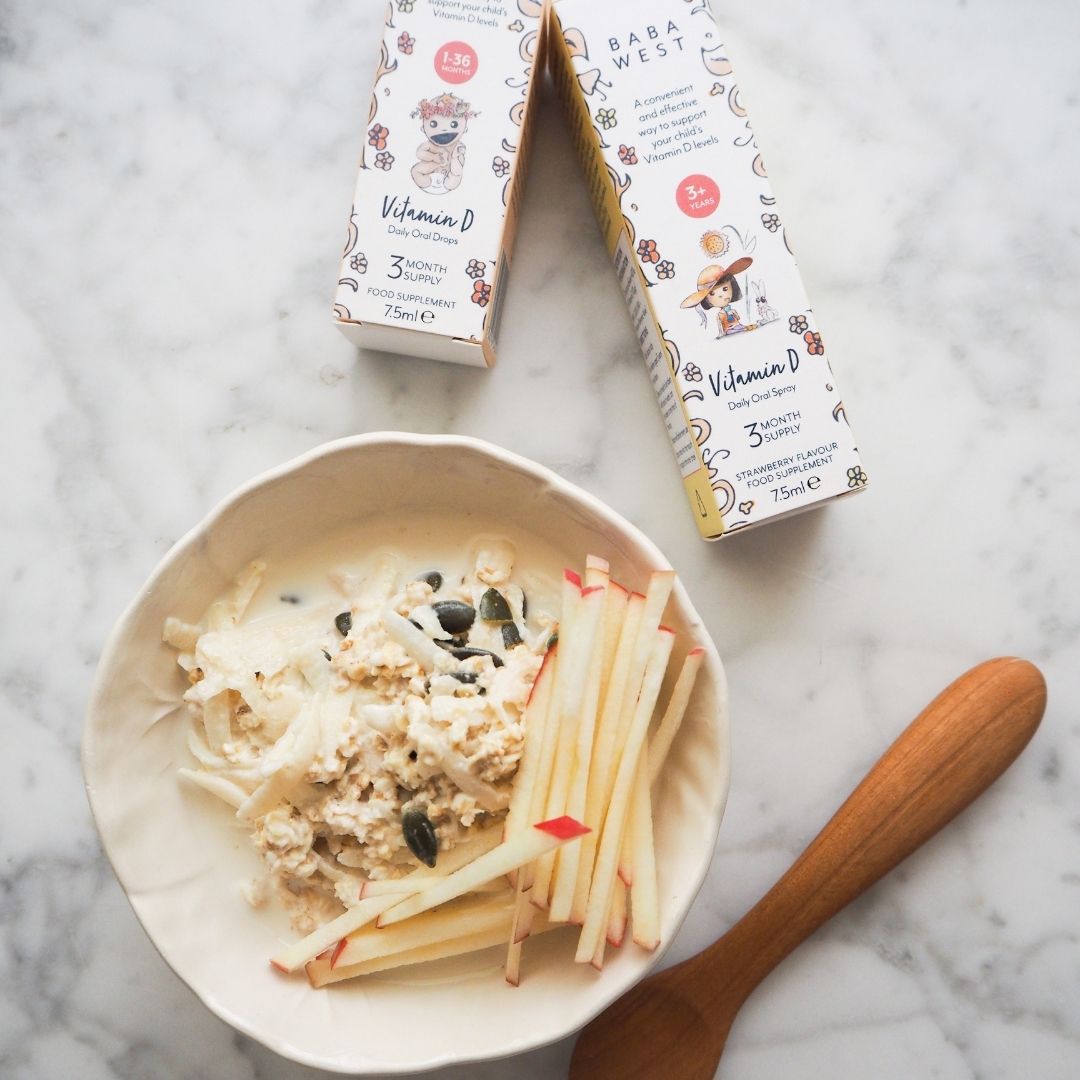How to look after your baby's gut health

Dr Sophie Niedermaier-Patramani, co-founder of Little Tummy and paediatrician talks to Baba West about a newborn baby's delicate digestive system, and how you can help alleviate many common problems.
We now know that a healthy gut is much more important than simply keeping our digestive system in order, having a good gut microbiome (the 'friendly' bacteria we often hear about) is also linked to our immune system, and even produces vitamins and feel good hormones.
The first 1000 days of a child’s life (from conception to two years old) is when this microbiome develops. When babies are born, they start off with less than 100 different species of bacteria in their gut, and during these 1000 days they start to build this microbiome up. Adults have 1000 different species, and recent research has shown an association between an unbalanced gut and different types of diseases, such as diabetes, allergies and obesity. So as you can see, helping you child create a healthy gut straight from birth is key to their future health and immunity.
How does a baby build up their friendly bacteria?
The key way a newborn baby builds up their microbiome is through skin to skin contact with their parents, especially in those first 24 hours, and breastmilk also contains the nutrition to help support this. Studies have shown that 30 percent of the good bacteria in a baby’s intestinal tract came directly from mother’s milk. Baba West Multibiotic Relief Drops contain this bacteria and can be added directly to the bottle just before you feed.
Weaning and gut health
When babies start eating solid foods at around 6 months old, the microbes in their gut start to diversify which is partly why a baby’s bowel movements change texture, colour and, odour, during this time.
It is important to include fibre in the new foods you are feeding your baby, as this feeds the gut bacteria. Good foods to try are:
- Broccoli, spinach and kale
- Beans, lentils and peas
- Sweet potato, chickpea or parsnip
- Oats, barley and quinoa
Processed and high-sugar foods can have a negative effect on gut bacteria and ready-made baby meals are usually heavily heat-processed, which destroys the the fibre and sets free a lot of fruit sugar. Home-made or cold-pressed meals, such as Little Tummy are a much better option as they preserve the complex structure of the fibre and help your baby’s gut bacteria to thrive.
Is it safe to give a newborn a supplement?
Some people worry that introducing a supplement to a newborn baby will affect their delicate digestive system, but as long as it's safe for newborns then it's beneficial and is a great way to boost their gut health.



